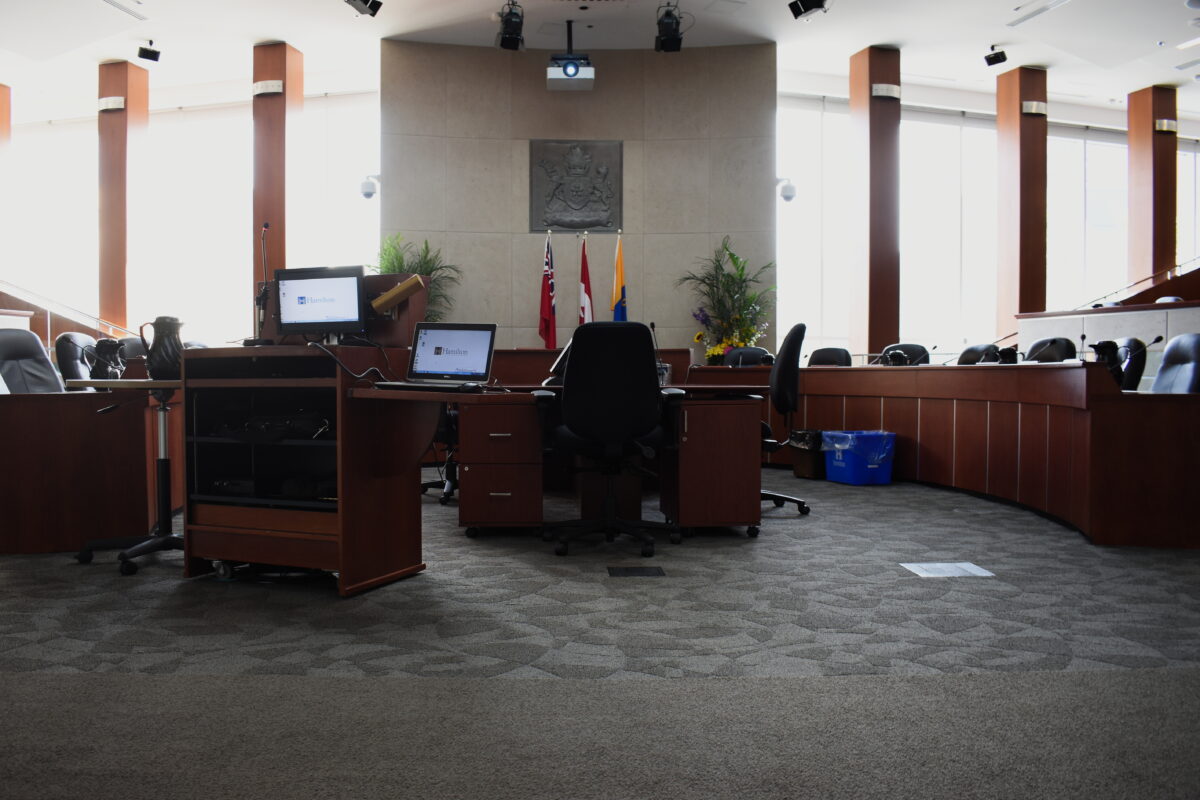Today at 9:30 am, Hamilton City Council will decide if it will impose a penalty upon a volunteer citizen advisory committee member for expressing views critical of members of City Council and senior managers of the City.
This is a rare instance of Council entering into quasi-judicial decision-making – they are sitting in judgment of an individual, must determine guilt, and render a decision that complies with the Municipal Act, common law, and natural justice.
In short, they must provide due and fair process.
They are the trier of the facts based upon the Integrity Commissioners’ investigative report and finding.
They must weigh the merits of the report, ensure they’ve heard all the relevant information, and render a decision.
The decision can be appealed to the Ontario Divisional Court for judicial review. The Divisional Court can review the decision for reasonableness – does it comply with the law, and is the decision within the range of reasons available to the Council based upon the facts of the case?
Judicial review is just that, a review. The Court does not become a new trier of fact.
Quasi-judicial implies almost but not entirely judicial.
While Council is sitting in judgment, the individual councillors remain politicians and can speak politically. Individual councillors can act with bias, make outlandish statements, and vote for political reasons divorced from the facts.
It is the final decision of the Council that must meet the requirements of the law.
Production Details v. 1.0.0 First published: September 30, 2020 Last edited: September 30, 2020 Author: Joey Coleman Edit Record v. 1.0.0 original version

